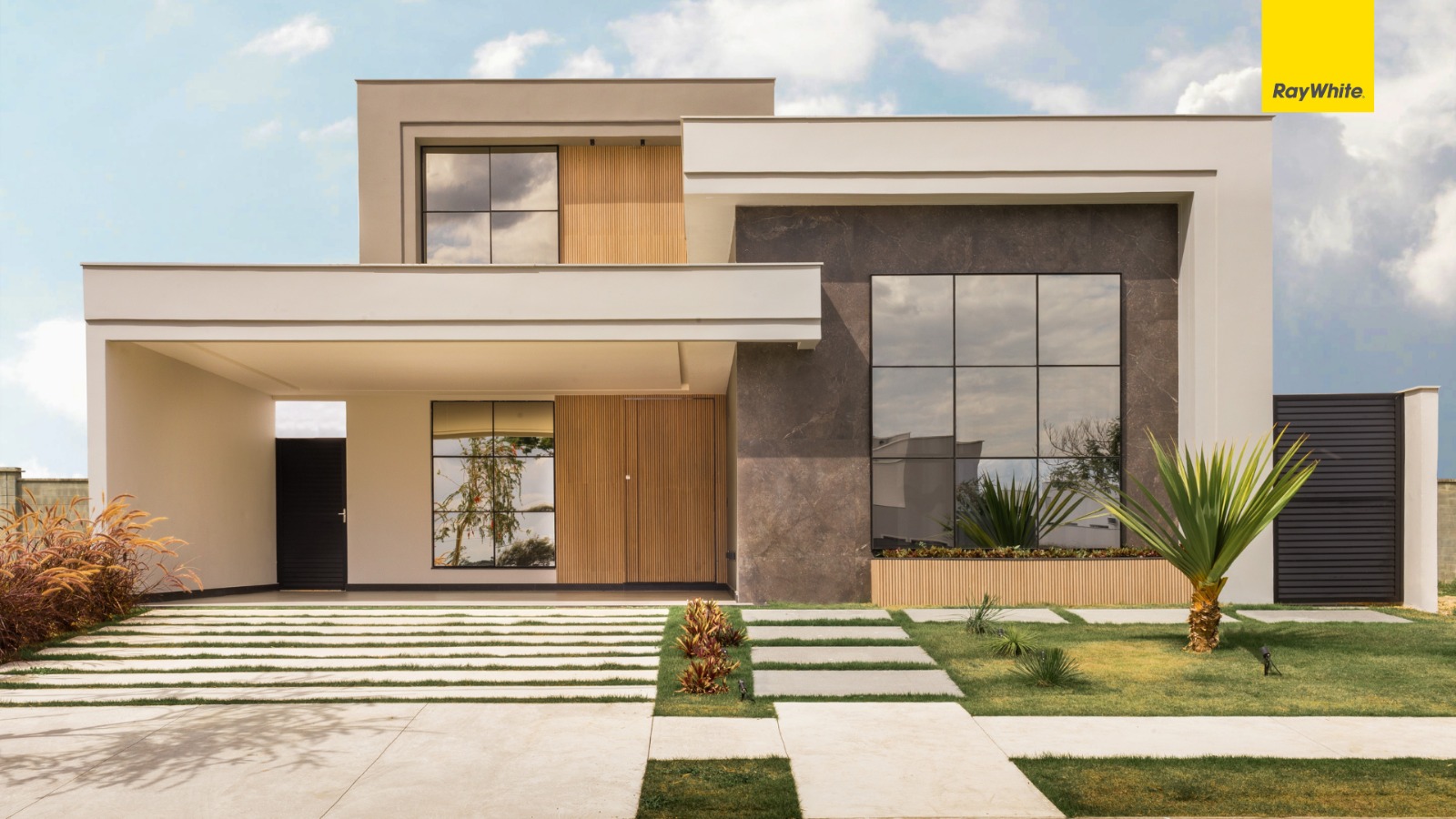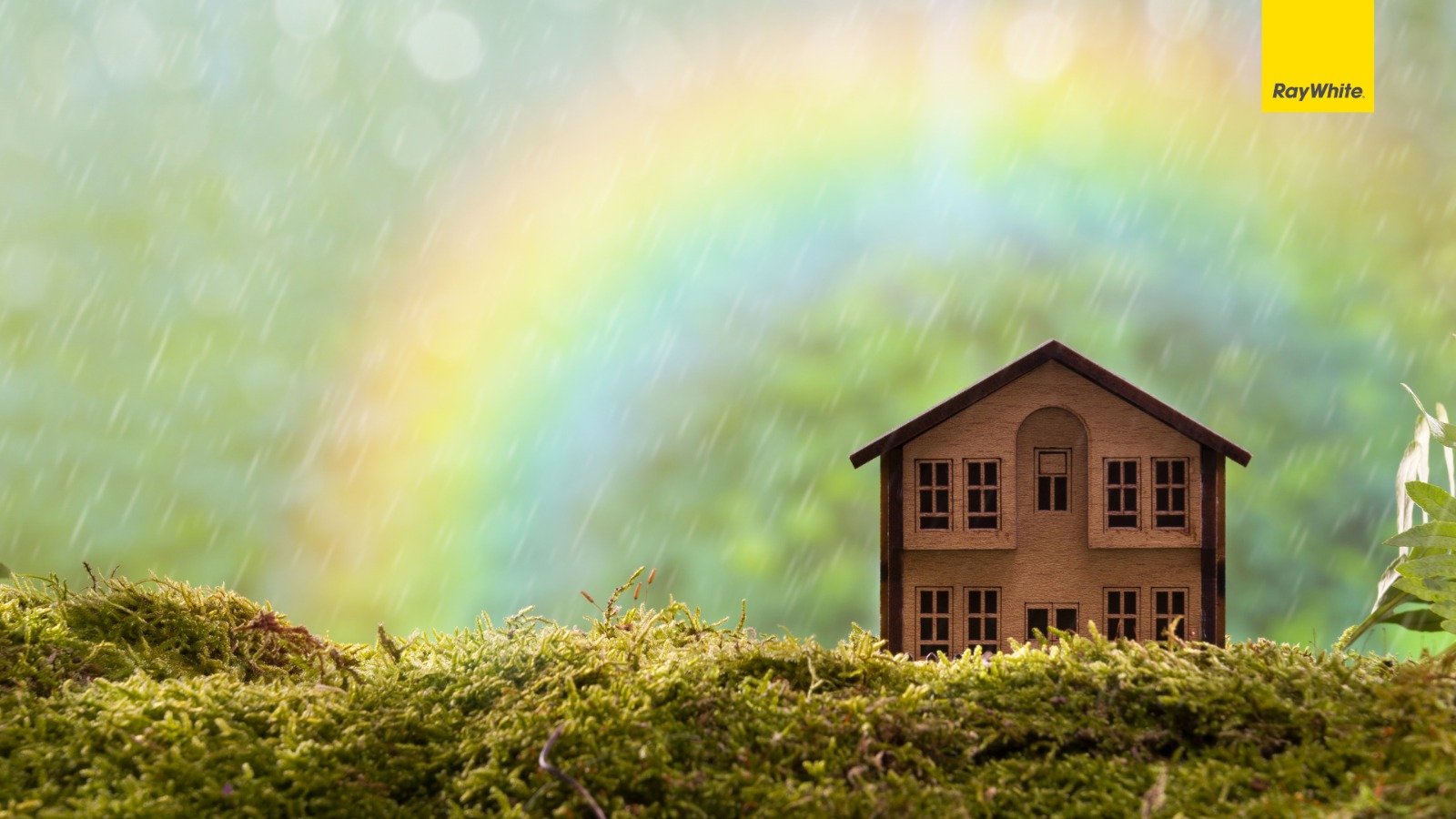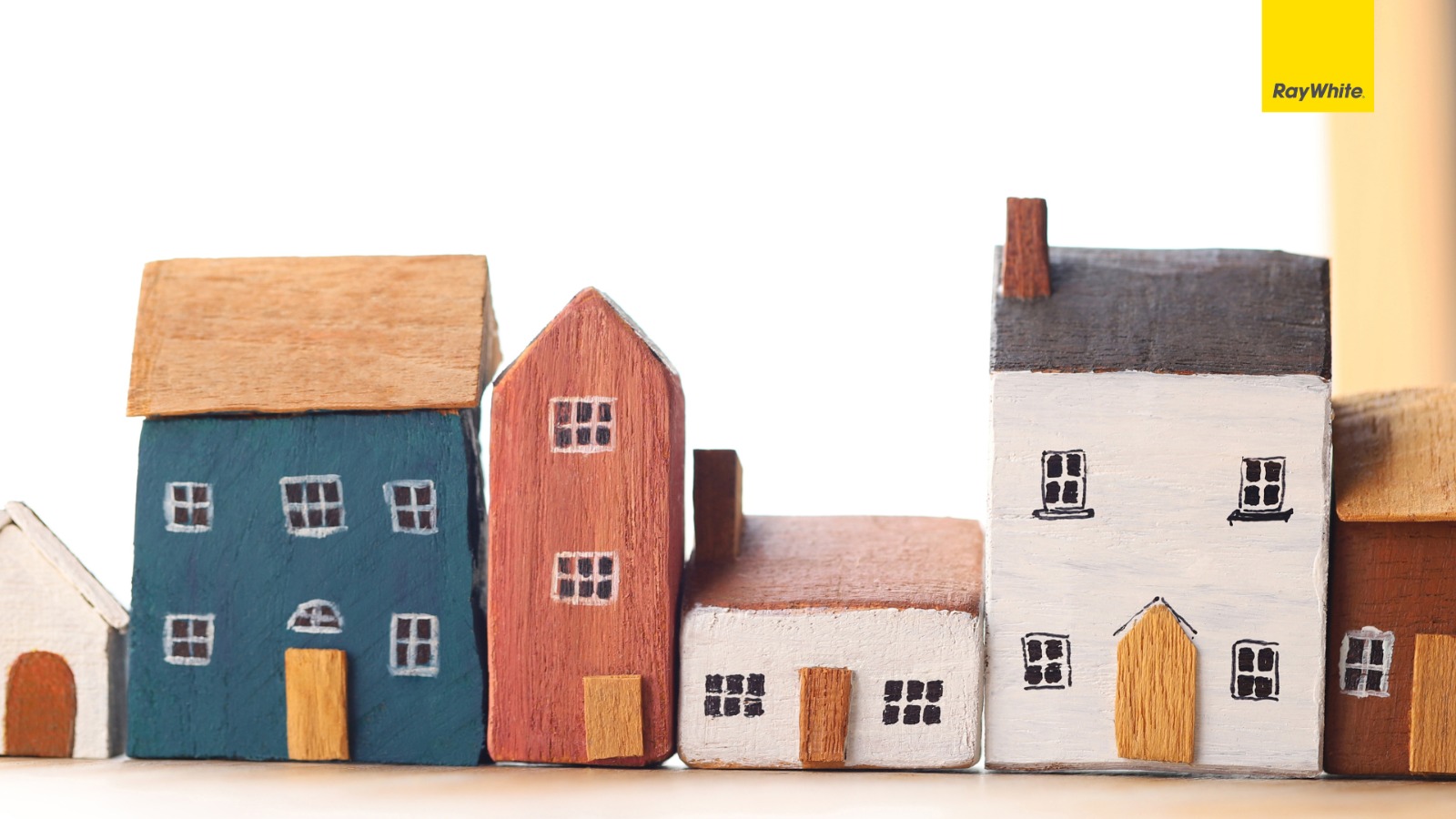In the Urban Jungle, The Dangers of Air Pollution Lurk—Living in Sustainable Housing Emerges as an Elegant Solution
In the chic urban landscape of Jakarta, Bogor, Depok, Tangerang, and Bekasi – collectively known as Jabodetabek – a haze has descended, casting a shadow on the city's once-pristine air quality. According to IQAir's latest findings as of Monday (11/9/2023), at the dawn of 07:00 AM WIB, Jakarta briefly flirted with an air quality index of 157, a grim distinction that firmly places it as the world's second-worst city for air quality. As the cityscape grapples with this choking crisis, numerous factors have been implicated, ranging from an unrelenting dry season to the relentless emissions from motor vehicles and the ceaseless industrial activities within the sprawling expanse of Jabodetabek.
But here's the surprising twist – the menace of air pollution isn't confined to the bustling boulevards and busy byways; it stealthily infiltrates our sanctuaries, our very homes. Insidiously, pollutants slip through the cracks, entering through open windows and hitchhiking on our clothing, carried in from the urban maelstrom.

Yet, here's an intriguing revelation, as reported by Kompas.com on a fateful Friday (12/11/2021): urban dwellers spend a staggering 85-90 percent of their lives within the confines of indoor spaces, primarily their homes. And, intriguingly, the perils of subpar indoor air quality may dwarf those we encounter outdoors. The culprit? A sweltering, stifling environment with inadequate air circulation within our abodes, serving as an incubator for a myriad of health issues that threaten our well-being.
Amidst this urban dilemma, a new trend emerges—one that champions sustainable and environmentally friendly living. With the urban air quality sliding into disarray and the clarion call for healthier living growing ever louder, eco-friendly dwellings are stepping into the limelight as the solution to the modern urbanite's quest for a healthier, more sustainable lifestyle.
Enter the Indonesia Property Market Outlook 2023, a research revelation unveiled by Rumah.com in November 2022. It tells a tale of a burgeoning interest in eco-friendly homes. A resounding 95 percent of respondents in the study agreed that eco-conscious features in their homes were paramount. Remarkably, 83 percent of those surveyed expressed a willingness to invest more in homes equipped with such features.

What, then, are these coveted eco-friendly attributes? Picture expansive windows inviting nature's bounty indoors, coupled with smart cross-ventilation systems that not only elevate indoor air circulation but elevate the very quality of life within these spaces. Natural light streams in generously, reducing the reliance on artificial lighting and alleviating the need for energy-intensive cooling systems, ultimately trimming down electricity consumption.
Yet, it's not just the features within these eco-havens that are luring the discerning urbanite. It's also the communities they're a part of. Green open spaces and convenient access to public transportation are non-negotiables for this eco-conscious generation. Such thoughtful planning not only promotes sustainable living but also champions the reduction of personal motor vehicle usage, in harmony with our planet's needs.
These eco-sanctuaries, indeed, epitomize the vision of sustainable living—a concept passionately articulated by architect Mande Austriono. He defines sustainable housing as a haven of energy efficiency, an homage to the environment, a sanctuary that coexists harmoniously with its surroundings, and a respite that embraces comfort. In his view, a sustainable dwelling is one that consciously minimizes greenhouse gas emissions, energy, and water consumption, all while reducing construction waste and extending the lifecycle of the home.

In essence, eco-friendly housing represents a profound commitment to our planet—a vow to nurture and protect the environment, all while fashioning our abodes into living expressions of our stewardship. As reported by Kompas.com on a telling Wednesday (20/10/2021), there exists an array of avant-garde techniques to weave sustainability into our living spaces, from the selection of eco-friendly building materials to the embrace of energy-efficient furnishings and the strategic application of home insulation.
In this ever-evolving narrative of urban living, eco-friendly housing emerges as a beacon of hope, a resplendent testament to our devotion to a healthier world. As we don the mantle of sustainability, our homes transform into sanctuaries of style and substance, an embodiment of our commitment to a brighter, greener future.
“Ray White Menteng, Your Best Property Agency Since 1998”
